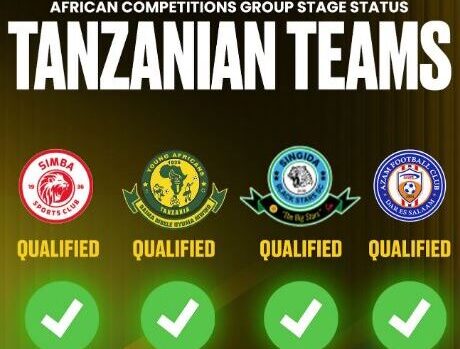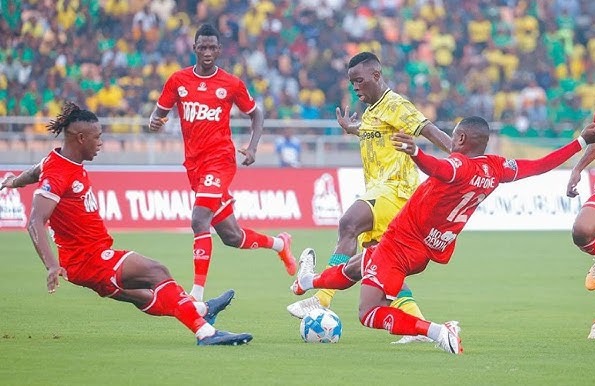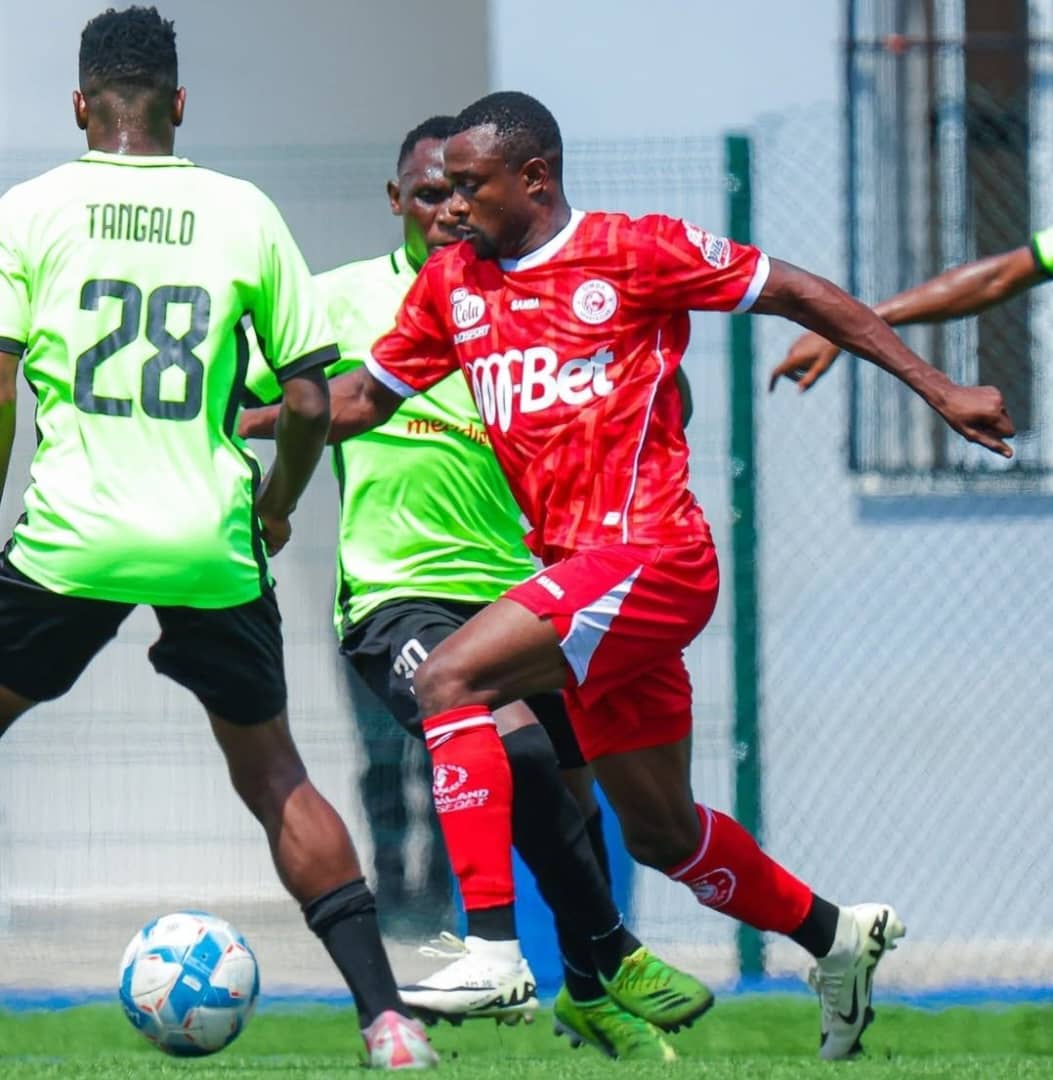Dar es Salaam. Tanzania’s football has entered one of its most promising chapters as four of its clubs prepare for continental campaigns in the Confederation of African Football (CAF) competitions.
Young Africans (Yanga) and Simba SC will compete in the CAF Champions League, while Azam FC and Singida Black Stars will feature in the CAF Confederation Cup.
The development reflects more than just sporting achievement.
It is a statement of progress that underlines how far Tanzanian football has come, and how much further it must go if the nation’s clubs are to challenge the established continental giants from North and West Africa.
Football analysts say the qualification of four clubs in one season represents a new level of consistency, revealing both improved competitiveness and the benefits of sustained investment in club management, infrastructure and player development.
In fact for many observers, this season’s line-up reflects the cumulative effect of steady investment in the domestic game.
The Tanzania Premier League’s growing competitiveness, improved management structures and the professionalisation of club operations have all contributed to this moment.
Over the past five years, Tanzanian football has undergone notable transformation, from enhanced infrastructure and coaching standards to more stable financial footing among leading clubs.
But this phase could be both a reward and a test.
While Tanzanian clubs have grown accustomed to competing in CAF tournaments, consistent progress beyond the group stages remains elusive.
Analysts further contend that the next step demands more than enthusiasm. It requires discipline, depth and strategy.
A key challenge, they note, lies in squad depth.
The combination of domestic fixtures, travel and intense continental schedules often exposes gaps in quality beyond the starting eleven.
Maintaining form under such pressure calls for strategic rotation, player conditioning and squad management, areas in which African clubs from North and West Africa traditionally excel.
Tactical adaptability is another crucial factor.
Tanzanian sides often dominate domestically through high-tempo attacking football, but CAF competitions demand versatility.
Opponents from across the continent employ contrasting styles, from physical, defensive systems to intricate, possession-based approaches, requiring local coaches to be flexible and tactically astute.
Equally vital is financial stability and governance.
Analysts stress that a strong technical foundation must be matched by robust management.







